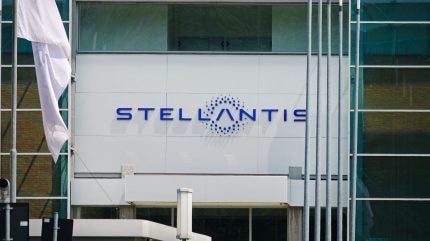
Stellantis will temporarily stop production at two of its plants in southern Italy, amid the Italian government’s request for new investments, reported Reuters.
The Termoli engine plant will pause from 16 to 22 December, while the Cassino auto factory will halt on 29 November, with workers being furloughed during these periods, the company said in two separate statements seen by the publication.

Discover B2B Marketing That Performs
Combine business intelligence and editorial excellence to reach engaged professionals across 36 leading media platforms.
Stellantis, which owns Italian brands such as Fiat and Alfa Romeo, stated that it will “ensure the continuity” of its operations in Italy.
However, it acknowledged facing “a challenging path requiring difficult choices and offering no easy solutions.”
The automaker is facing industry-wide challenges, including low demand for electric vehicles and competition from China, which have impacted its profit and cash-flow forecasts.
Stellantis has paused production at several Italian plants this year, including at the Mirafiori plant in Turin.
In recent discussions with the government and unions, Stellantis pledged not to close factories or implement mass redundancies in Italy.
Italy’s Industry Minister Adolfo Urso stated that the government has asked Stellantis to present a “convincing and sustainable” investment plan for Italy by 16 December.
Urso also urged Stellantis to clarify its plans for a stalled battery-making plant and to commit to producing a new small car in Italy to support the local auto components sector.
Highlighting industry challenges, Ford has announced a reduction of around 14% in its European workforce, citing weak demand for electric vehicles and competition from subsidised Chinese rivals.




